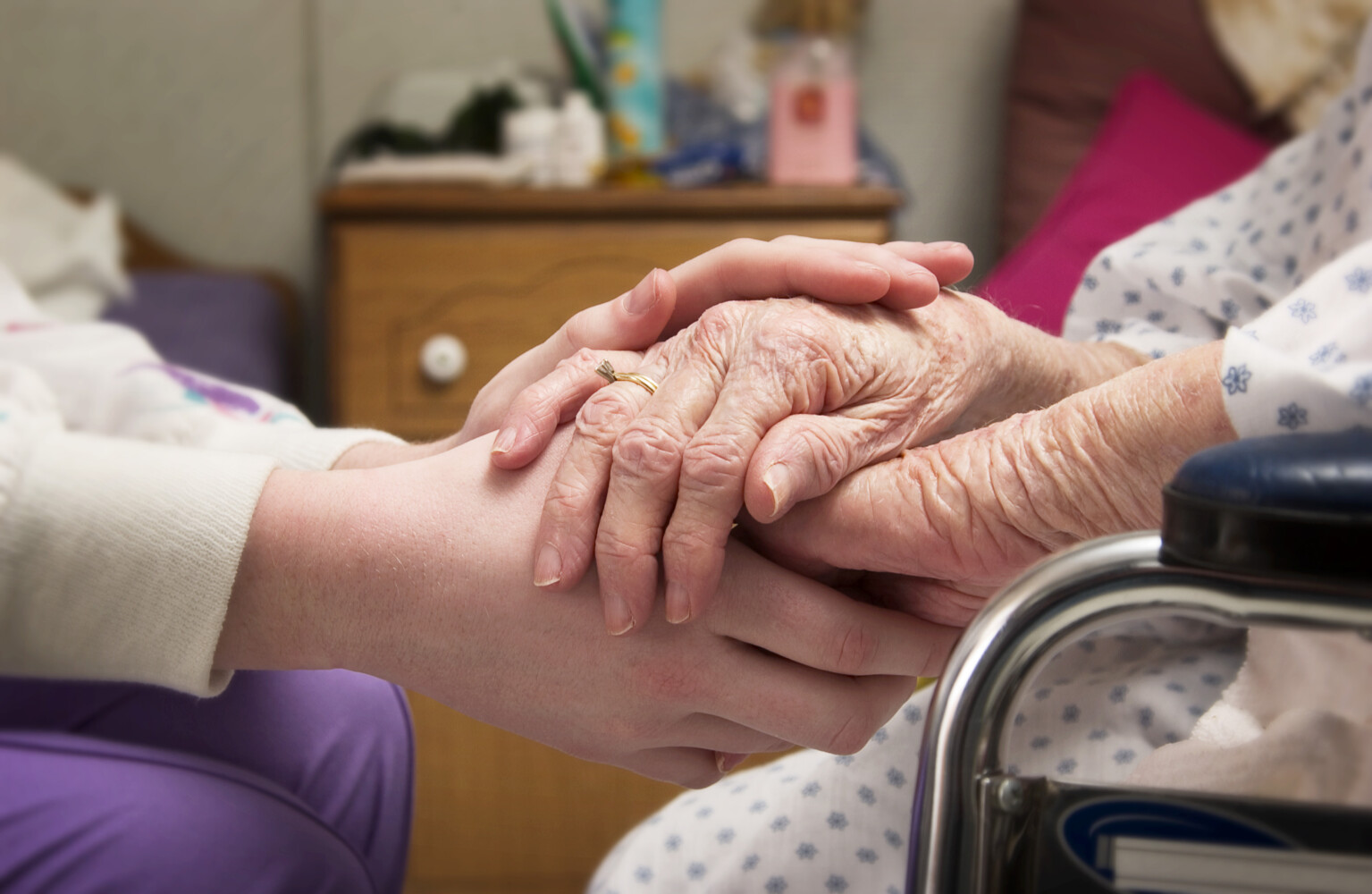You guessed right: I did spend an evening with the eloquent Shashi Tharoor. He graced the fifth International Conference on Complications in Neurosurgery as chief guest. Tharoor, in his characteristically erudite style, regaled us with a gem: “The scariest neurosurgeon from the patient’s point of view is one who manages to nick himself while shaving.
” The room erupted in laughter, a sound rarely heard echoing through the hallowed halls of surgical conferences.It’s a meeting we host every two years in India where neurosurgeons from across the world come together to deliberate their failures rather than talk about their triumphs. They travel to share their experiences on what went wrong, rather than what worked.

Instead of addressing the latest advances, we discuss disasters. It’s the only meeting where, as a surgeon, you don’t feel too bad about yourself. “According to The New England Journal of Medicine, a staggering 88 per cent of physicians in America are likely to be sued by the age of 45, and a jaw-dropping 99 per cent of them by the age of 65,” Tharoor went on to enlighten his audience with this sobering statistic, adding that neurosurgery topped the list, and that he was surprised that a set of the most skilled hands and meticulous planning doesn’t always lead to a perfect outcome.
Intrigued by this culture of commiseration, I posed a question to a friend: “As a surgeon, what would your reaction be if another surgeon you knew had a complication with a patient?” “You want me to be honest?” he replied. “Of course,” I retorted, knowing no other way. He told me a story of how he was called to see someone in his building who had an abscess in the spine, for which he recommended a particular procedure.
The family took several further opinions from him, didn’t even offer to pay, and eventually scheduled surgery elsewhere without even notifying him. They returned to him after the patient developed a serious complication from the operation, where the procedure was not in keeping with what he’d initially recommended. “Now, am I supposed to feel bad for such a patient?” he rhetorically asked.
“I was happy—because I don’t like that other surgeon!” he admitted with a devilish smile.That’s when the word ‘schadenfreude’ came to mind. It had nothing to do with Shashi Tharoor.
It’s a German word that means delighting in another person’s misfortune; (schaden, damage + freude, joy). Sitting in a room filled to the brim with 300 surgeons, I couldn’t help but ponder: Do doctors, in the quiet recesses of their minds, ever experience a twinge of..
. happiness (dare I say) when a fellow surgeon encounters a complication? Is there a secret, unspoken relief in knowing that they are not alone in their fallibility? Of course, propriety dictates that one should never openly admit to such a sentiment. After all, medicine is hailed as the noblest of professions, and revelling in another surgeon’s misfortune, especially when it comes at the expense of a patient’s well-being, is generally frowned upon.
I must confess that when I was younger and brimming with youthful arrogance, if I advised patients against spine surgery, and they, in their infinite wisdom, went ahead and had it done elsewhere only to return to me with a laundry list of complaints, I experienced a certain...
surgical schadenfreude.“How dare they not heed my sage advice?” I would ask myself smugly, convinced that my word was the ultimate medical decree. But age, as they say, brings wisdom (and less hair).
Now that I’m older and (hopefully) wiser, I look at patients with newfound empathy and grace, born from the humbling experience of having navigated my own fair share of complications. Often, patients labour under the misconception that doctors are somehow immune to the consequences of their mistakes. Nothing could be further from the truth.
The weight of responsibility in our profession is a heavy burden to bear. “There is no love of life without despair of life,” wrote Albert Camus, the French philosopher and author. The metamorphosis of despair into love is what we call meaning.
And as doctors, we are constantly aiming to make people’s lives more meaningful by picking up fragmented pieces of shattered hopes and dreams and trying to put the puzzle together. So today, nothing gives me more joy than a patient cured, even if it is at the hands of another surgeon. Surgical schadenfreude has been replaced by surgical freudenfreude—the bliss you feel when someone else succeeds, even if it doesn’t directly involve you.
Despite its hardships and vicissitudes, the joy of healing and helping is comparable to none.On a lighter note, I have an adorable friend who abhors the fact that I’m good at what I do and that my entire being is ensconced by how much I love my work. She loves to see me agonie and self-doubt over patients and is filled with glee when I’m having a long, hard day fraught with multiple operations where I don’t have time even to grab a meal.
It baffled me till date but now, strangely, I find a sense of perverse amusement in knowing that someone is happy to see me in a state of utter chaos. It’s probably a unique textbook case of reverse schadenfreude.The writer is a practising neurosurgeon at Wockhardt Hospitals.
He posts on Instagram @mazdaturel [email protected].
Politics

The surgical schadenfreude

Do doctors secretly experience happiness when a fellow surgeon encounters a complication, perhaps as confirmation they’re not alone in their fallibility?














